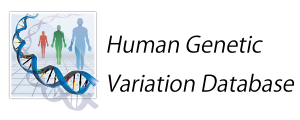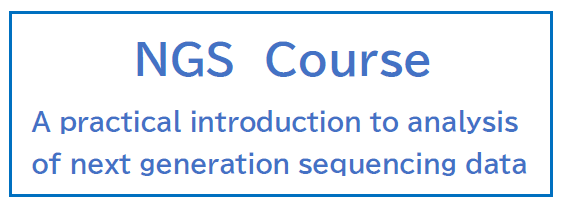Symposium 2017
The 5th Kyoto Course on Bioinformatics for Genomic Medicine
International Symposium on Genomic Medicine – Genomics of Rare and Intractable Diseases
November 10th, 2017 Confirmed Speakers and Talk Titles
November 10 : Rare Diseases Symposium
9:00 – 9:05 Opening Remarks
Fumihiko Matsuda (Kyoto University, Japan)
9:05 – 9:10 Welcome Remarks
Nagahiro Minato (Provost, Vice President, Kyoto University, Japan)
Session 1 Chairperson: Fumihiko Matsuda & Ivo Gut
9:10 – 9:55 The Exome and Beyond – Identifying Causes of Rare Genetic Diseases
Jacek Majewski (McGill University, Canada)
9:55 – 10:40 The 100,000 Genomes Project Transforming Healthcare
Mark J. Caulfield (Queen Mary University of London, UK)
10:40 – 11:00 Coffee break
11:00 – 11:45 Rare Variants in Rare and Intractable Diseases
Naomichi Matsumoto (Yokohama City University, Japan)
11:45 – 12:30 Genomics of Complex Cerebral Small Vessel Disease
Stéphanie Debette (University of Bordeaux, France)
12:30 – 13:30 Lunch
Session 2 Chairperson: Mark Lathrop & Jacek Majewski
13:30 – 14:15 Genomics of Rare Cerebral Small Vessel Disease
Elisabeth Tournier-Lasserve (Paris Diderot University, France)
14:15 – 15:00 Uncovering the Metabolic Pleiotropy of Rare Disorders: The Example of Fragile X Syndrome
Marc-Emmanuel Dumas (Imperial College London, UK)
15:00 – 15:20 Coffee break
15:20 – 16:05 Data Integration for Rare Diseases Facilitated by the RD-Connect Genome Phenome Platform
Ivo Gut (Centro Nacional de Análisis Genómico, Spain)
16:05 – 16:50 Perspectives of Large-scale ALS Patient Registry Study
Gen Sobue (Nagoya University, Japan)
Session 3 Short talks
16:50 – 17:10 Collaborative Research on Analytics Platform for Rare Disease
Atsushi Takano (IBM Japan, Japan)
17:10 – 17:30 Application of AI technology to Identify Unknown Causal Genes of Mendelian Disorders via WGS
Shuji Kawaguchi (Kyoto University, Japan)
17:30 – 17:50 Development of Muscle Pathology Diagnosis Support System by Deep Learning
Mariko Okubo (National Center of Neurology and Psychiatry, Japan)
17:50 – Closing Remarks
Mark Lathrop (McGill University, Canada)




